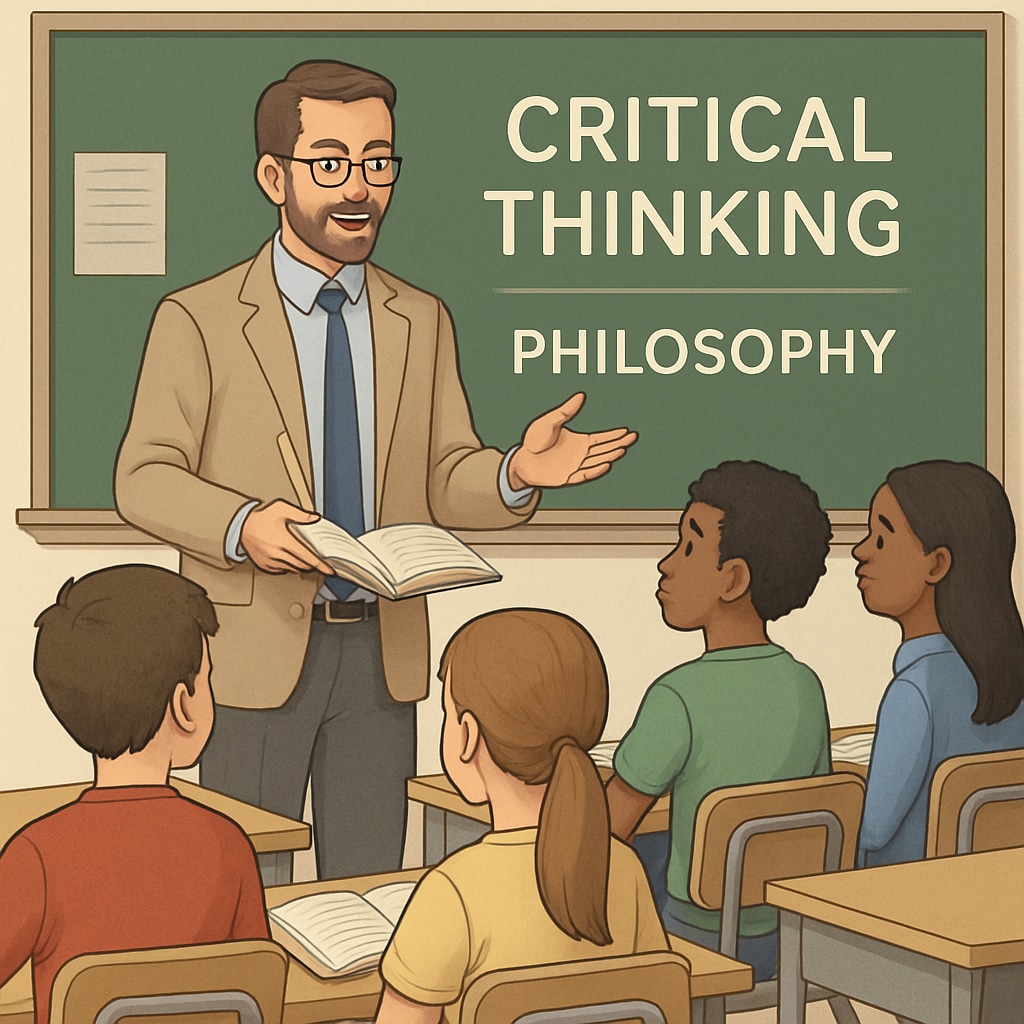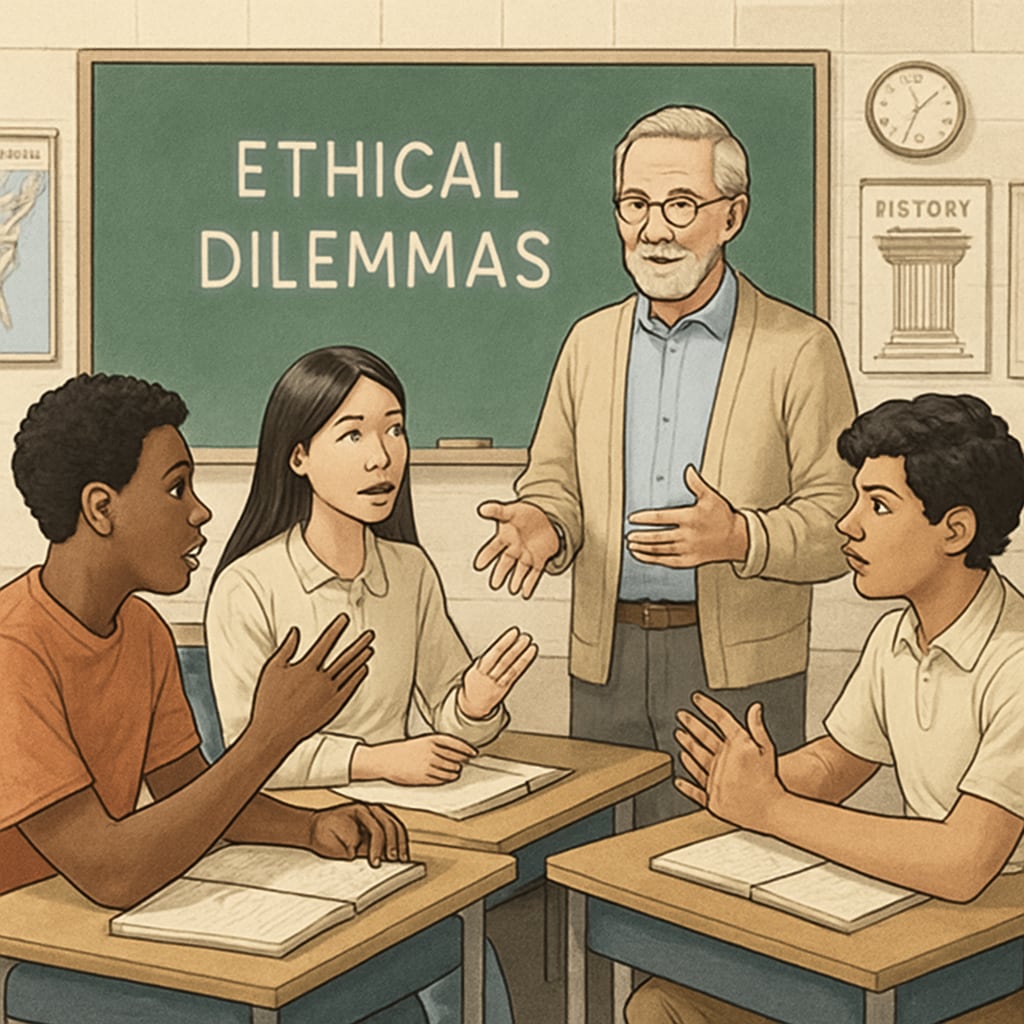In an ambitious effort to revolutionize K12 education, a new social experiment is inviting philosophy teachers to volunteer their expertise in classrooms. This initiative, which combines philosophy with education, aims to instill critical thinking skills in students, helping them navigate the complexities of modern life with wisdom and sound judgment. By integrating philosophical inquiry into primary and secondary schools, this program seeks to create an environment where young minds can flourish intellectually and ethically.

Why Philosophy in K12 Education?
Philosophy is often associated with higher education, but its value in K12 classrooms is increasingly recognized. Philosophy encourages students to question assumptions, analyze arguments, and consider multiple perspectives. These skills are essential not only for academic success but also for personal growth and citizenship in a democratic society.
For example, introducing topics such as ethics, logic, and epistemology (the study of knowledge) can help children develop a nuanced understanding of the world around them. Moreover, studies have shown that exposure to philosophical thinking can enhance problem-solving skills and improve overall academic performance. By bringing philosophy into K12 education, this experiment hopes to bridge the gap between theoretical knowledge and practical wisdom.
How Philosophy Teachers Can Contribute
Philosophy teachers play a crucial role in this social experiment. As volunteers, they will collaborate with educators to design and deliver lessons tailored to the developmental stages of K12 students. These lessons might include activities such as:
- Guided discussions on moral dilemmas, encouraging students to articulate and defend their viewpoints.
- Interactive exercises that foster logical reasoning and critical analysis of everyday situations.
- Exploring philosophical concepts through storytelling, debates, and role-playing.
The goal is not to overwhelm students with abstract theories but to make philosophy accessible and relevant. Teachers will be trained to adapt complex ideas into engaging, age-appropriate content, ensuring that students feel empowered rather than intimidated.

Benefits for Students and Society
This experiment has the potential to create ripple effects that extend beyond the classroom. By fostering critical thinking and ethical reasoning, students can become more informed and compassionate individuals. These skills are particularly vital in an era marked by rapid technological advancements, social challenges, and information overload.
Additionally, the integration of philosophy in K12 education could:
- Promote emotional intelligence by encouraging empathy and understanding of diverse perspectives.
- Enhance decision-making abilities, enabling students to approach challenges with clarity and confidence.
- Prepare future leaders who can address complex societal issues with integrity and insight.
This initiative aligns with global educational trends emphasizing holistic development and lifelong learning. For more information on the importance of philosophy in education, you can explore resources on Philosophy for Children on Wikipedia or read about Philosophy of Education on Britannica.
How to Get Involved as a Volunteer
The program is currently seeking philosophy teachers from universities and colleges who are passionate about education and willing to contribute their expertise as volunteers. Participants will receive training and support to ensure a seamless transition into K12 classrooms. This is an excellent opportunity for educators to make a meaningful impact while gaining new insights into teaching and learning dynamics.
If you are a philosophy teacher interested in joining this transformative initiative, you can inquire about participation requirements and application details by contacting the organizers directly. Together, we can empower the next generation to think critically, act ethically, and lead wisely.
Final Thoughts: The integration of philosophy into K12 education represents a bold and innovative approach to nurturing young minds. By volunteering in this social experiment, philosophy teachers have the chance to inspire students and contribute to a brighter, more thoughtful future.


